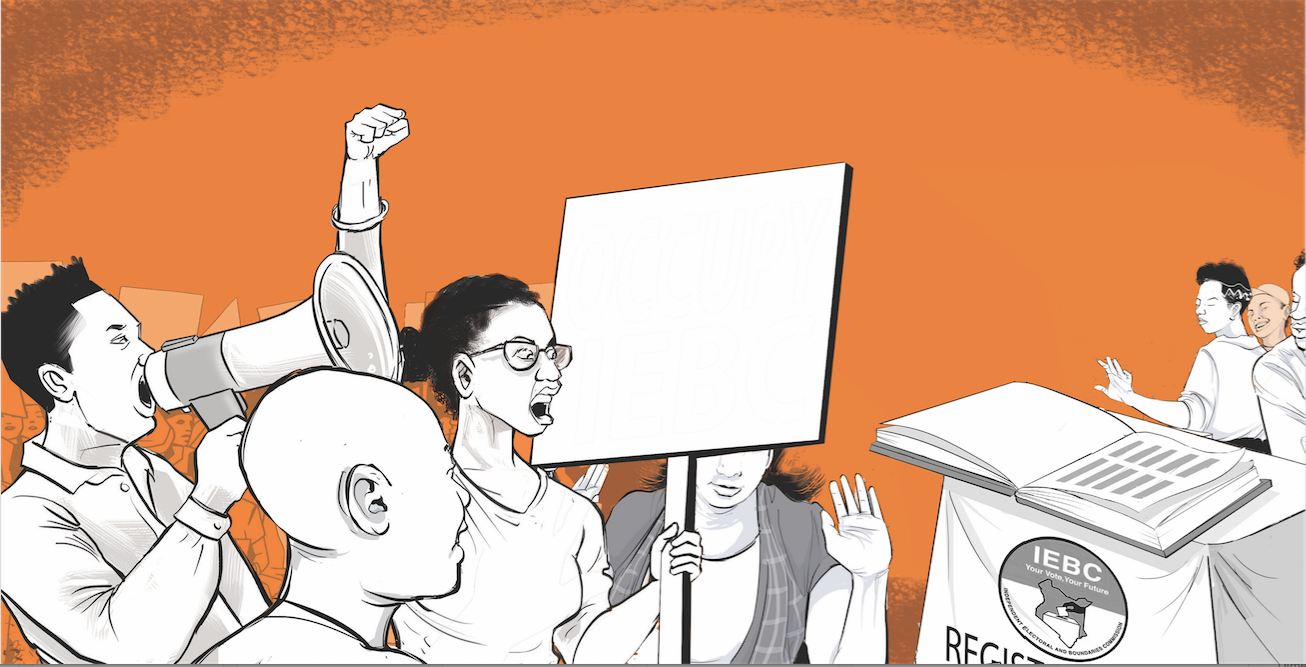

I once heard a very inspiring story told by a South African clergyman in the course of his sermon.
And I remember walking out of the church with my friends, and all of us agreeing that we had just heard a remarkable sermon. But the odd thing is that I cannot now remember what his sermon was about.
What I remember is the story he told the congregation in the course of the sermon. It was about the first time in his life that he ever got to cast a vote. This was in the historic 1994 elections in South Africa, which led to the Nelson Mandela presidency.
He told us how he waited for over three hours in a queue to cast this vote. And how he had tears streaming down his cheeks most of the time.
He explained how he felt overwhelmed at the sheer majesty of the opportunity that he and the many ordinary people in the queue with him now had in deciding who would get to rule his country.
This was an opportunity that apartheid South Africa had denied them—and others before them—in decades past.
And that when he finally got to the front of the queue and went in to cast his vote, he was weeping and trembling so much that he could hardly mark his ballot. This was because he kept having vivid memories of his parents and grandparents who – being under the repressive tyranny of the apartheid state – had lived and died without once having the opportunity to cast a vote in a democratic election.
This story has remained in my mind as an epic of the deep yearning of oppressed people for representative government. Their desire to have a say in how they will be governed; and to be able to participate as actors in the democratic process.
And so, I remembered this clergyman when the Independent Electoral and Boundaries Commission announced the start of voter registration here in Kenya.
Thinking back on the Gen Z demonstrations of last year, and all that went into it, I felt certain that we would see the kind of queues that South Africa famously had during that first democratic election in 1994. The long and winding lines of voters all over the country, which had led to the clergyman I mentioned having to wait for three hours to cast his vote.
After all, whatever you may say for or against those demonstrations (especially on whether – or to what extent – the demonstrations were hijacked by paid hooligans who were out to discredit the protesters), the message that came through was clear enough. And it was that a generation of Kenyan youth was now rising which refused to accept the compromises with corruption, tribalism and incompetence that had in time been normalised here in Kenya.
Would not those who had risked their lives and confronted the police batons, the water cannons and the tear gas, now be coming out in force to register to vote and to prepare to usher in transformational change come the 2027 election?
Would the young people of this country not be as eager to come out in large numbers to register as voters, as they had been to step up and protest against the government which they believed had failed them?
How naïve I was.
So far there is no sign of any such upsurge in voter registration. Instead, we see the old pattern in which the registration clerks of the IEBC remain mostly idle all day for weeks on end, to be followed by (as is likely) a last-minute rush by would-be voters to register, and a demand that the period of registration be extended.
Nor is this strange indifference a new phenomenon.
We saw much the same thing in 1991-1992 when the country, after decades of autocratic single-party rule, returned to what it had been at independence: a multiparty democracy.
The many who saw this as a new dawn for progressive politics in Kenya were to be bitterly disappointed.
Not only did the top opposition leaders find it impossible to set aside their individual ambitions and present our long-serving authoritarian president, Daniel Moi, with a single opposition presidential candidate who was sure to defeat him.
More than that, the voting patterns that very quickly became manifest revealed that – far from being influenced by any democratic ideals – Kenyans were in future elections going to vote in a manner predetermined by their tribal or regional perceived interests.










![[PHOTOS] Emotions as Winnie hands over Raila’s fedora to Ida](/_next/image?url=https%3A%2F%2Fcdn.radioafrica.digital%2Fimage%2F2025%2F10%2Fa7736f32-7506-4028-aa3f-eae459c70961.jpg&w=3840&q=100)


